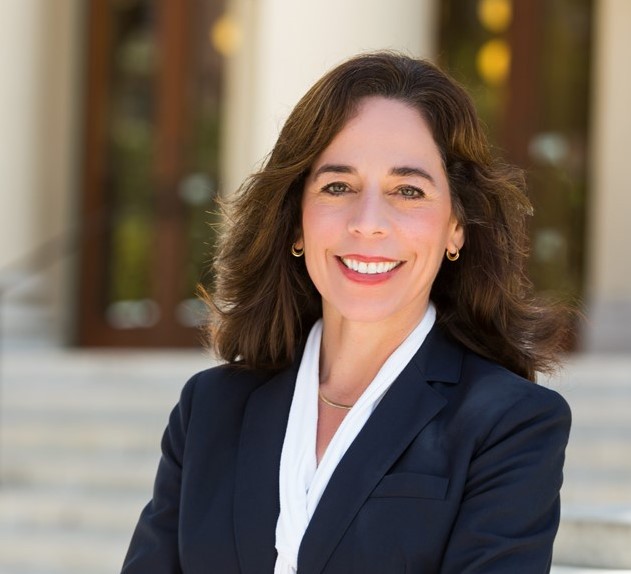By Mara W. Elliott
By focusing on three priorities– crimes involving victims, guns, and drunk driving – prosecutorsin my Office stayed productive even while Covid shut down ourcourthouses.
Now that jury trials have resumed, the priorities we set for our Criminal Division pre-Covid seem almost prescient, given how America responded to the pandemic: Domestic violence rose, some gun crimes soared 60 percent in three years, and drunk-driving fatalities spiked to their highest level in 15 years.
Getting trial dates is still challenging due to the enormous backlog caused by Covid-related closures. For most of 2020, only significant cases and important felonies warranted court time. Things opened up a bit in 2021, but the backlog of cases kept growing: one Covid-related cancellation could still set back a case for six months.
Delays will still occur, but not because my Office isn’t prepared to prosecute. Our evidence is ready. Our witnesses are ready. And the stakes are as high as ever.
In setting our three priorities, Chief Prosecutor John Hemmerling and I chose the crimes that pose the greatest danger to innocent lives, especially children. One of our concerns is with cases of Driving Under the Influence, or DUI, which can involve drugs, alcohol, or both.
My Office, and others, have felt pressure to go easy on any driver whose Blood Alcohol Level is than 0.16 (twice the DUI standard of 0.08) as a way to lighten the court’s caseload. We’re saying no.
The difference between a 0.08 and a 0.15 BAC is significant. The National Highway Traffic Safety Council reports these are typical effects at 0.08: “Muscle coordination becomes poor (e.g., balance, speech, vision, reaction time, and hearing), harder to detect danger; judgment, self control, reasoning, and memory are impaired.”
That’s dangerous enough, but as the Council reported, at a 0.15 BAC, the effects also include a “substantial impairment” in vehicle control and attention to driving, as well as a major loss of balance and occurrences of vomiting.
A second priority for our Office is standing up for victims of hate crimes, sex crimes, domestic violence, elder abuse, and child abuse. Without advocates, victims can get lost in the criminal justice system.
Though Covid created challenges, our Domestic Violence and Sex Crimes Unit continued its work to bring abusers to justice. Yet the trend toward lighter sentences and diversion programs – accelerated by reasonable fears that incarceration would lead to Covid – is having an impact on the prosecution of these crimes, even domestic violence cases involving strangulation. I believe that any domestic abuse that includes strangulation – a deadly weapon used to terrorize and control victims – warrants jail time. According to the San Diego-based Training Institute on Strangulation Prevention, a woman who has suffered a nonfatal strangulation incident with her intimate partner is 750% more likely to be killed by the same person with a gun. In addition, I’m sponsoring state legislation by Assembly member Brian Maeinschein that will require jail time for abusers who violate protective orders bytrespassing in a victim’s house.
This invasion of personal space and privacy, often accompanied by ransacking and theft, creates a special type of terror for victims and their children. Our third priority is gun crimes, and I’m pleased that Covid had no impact on my Office’s ability to obtain Gun Violence Restraining Orders to protect the public. The Superior Court made special accommodations for GVROs because they prevent bloodshed and save lives, and we’ve obtained hundreds since Covid emerged. GVROs are one way to remove guns from bad situations. My Office has sponsored legislation (again with Assembly member Maienschein) that will expand the list of those who are banned from owning guns to include misdemeanor child abuse and elder abuse.
Our Office receives as many as 20,000 misdemeanor cases a year, and we strive for justice in each. By prioritizing victims, guns, and drunk driving, we believe we can provide the greatest service to the community even in difficult times.
Elliott is San Diego City Attorney














